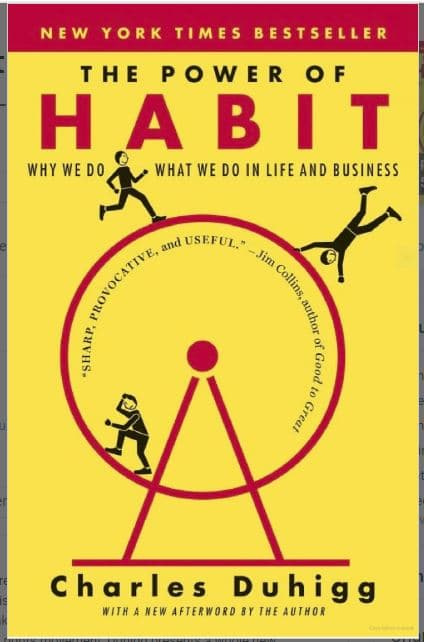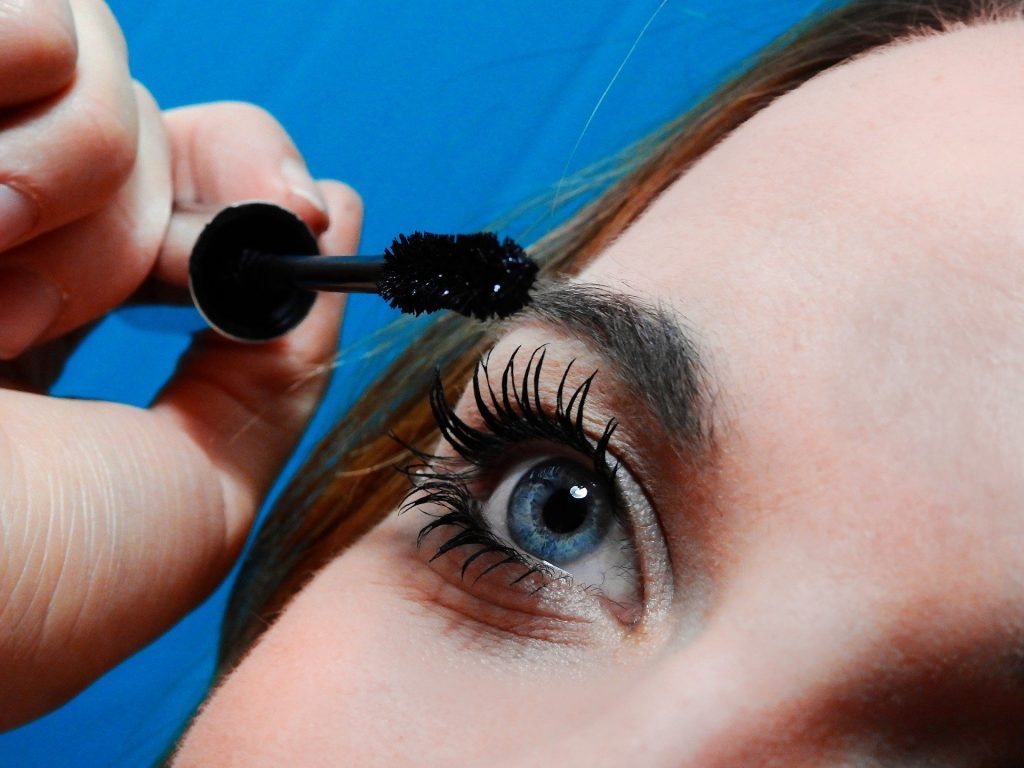
Nick Jonas, the teenage heart-throb, had a piece of spinach stuck in his teeth at the latest Grammy show performance. His fans couldn’t stop tweeting about it. Had he unleashed the string’s power, he wouldn’t have had all the negative comments about his less than impeccable appearance that evening.
Even though you may not have such a big problem as Nick, flossing is vital to your oral health routine. Sadly, statistics show that only about 30% of people floss daily (some more than once). However, more than a third of people surveyed would rather be doing unpleasant chores than flossing their teeth daily. Fourteen percent would rather clean the toilet. Sitting in gridlock traffic for an hour was more fun for 9 percent. And 7 percent would rather listen to small children crying on a plane.
Why is this such a hard habit of initiating? After all, daily flossing and brushing prevents cavities, gum infections, and keeps your breath fresh.
New York Times business writer Charles Duhigg, in his new book, The Power of Habit, explores the science behind why we do what we do. It turns out that every habit starts with a psychological pattern called a “habit loop,” which is a three-part process. First, there’s a cue or trigger that tells your brain to go into automatic mode and let a behavior unfold.
“Then there’s the routine, which is the behavior itself,” Duhigg says. “That’s what we think about when we think about habits.”
The third step, he says, is the reward: something that your brain likes that helps it remember the “habit loop” in the future.

Neuroscientists have traced our habit-making behaviors to a part of the brain called the basal ganglia, which also plays a crucial role in the development of emotions, memories, and pattern recognition. Decisions, meanwhile, are made in a different part of the brain called the prefrontal cortex. But as soon as a behavior becomes automatic, the decision making part of your brain goes into a sleep mode of sorts.
“In fact, the brain starts working less and less,” says Duhigg. “The brain can almost completely shut down. … And this is a real advantage, because it means you have all of this mental activity you can devote to something else.” That is how you can drive a car and listen to the radio at the same time. After repetition, driving gets easier. It becomes a habit.Flossing your teeth can become a habit too. Why is it recommended?

- It only takes a couple of minutes, less time than it takes to shave or put on mascara.
- It saves money. Every cavity prevented saves you more than $2,000 over a lifetime.
- It improves your oral health
- It improves your breath
An activity takes at least 21 days to become a habit. Let’s all Unleash the Power of the String. Give it three weeks.
Thank you to Charles Duhic, New York Business writer; themightymouith.org
How To Make Long-Lasting Changes To Your Unconscious Habits. https://www.fastcompany.com/3052831/how-to-make-long-lasting-changes-to-your-unconscious-habits
